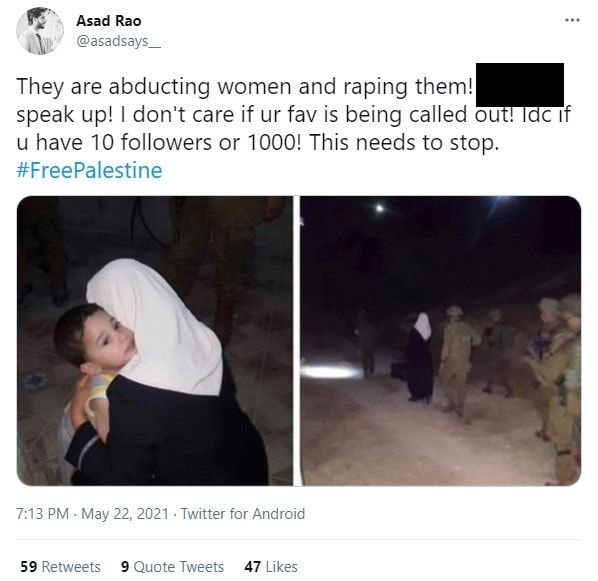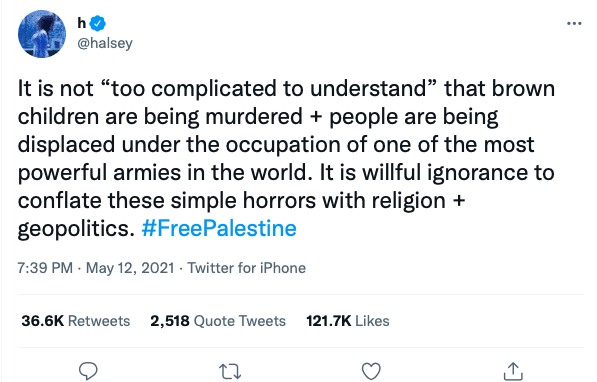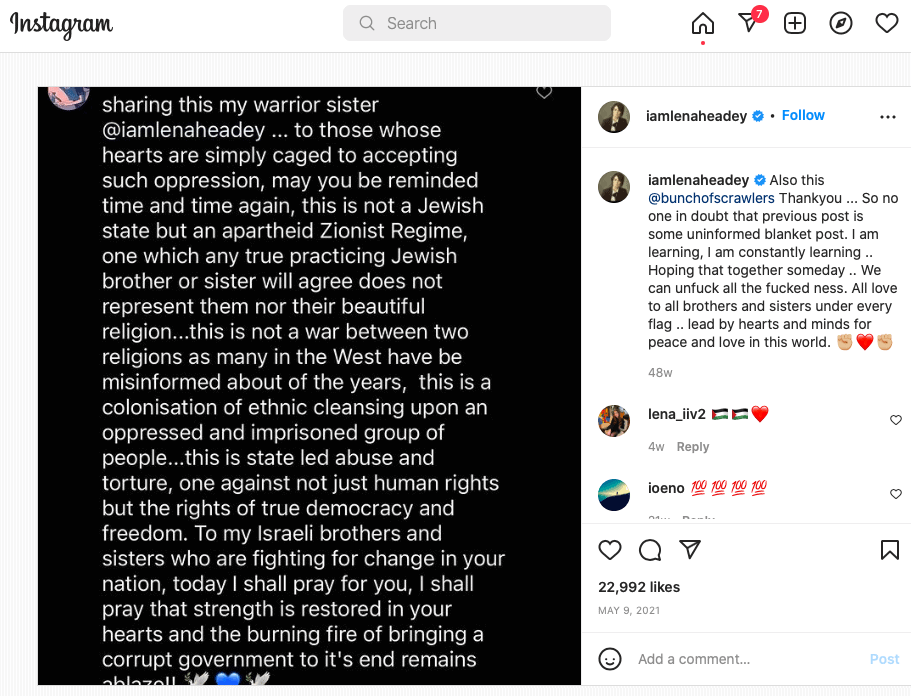In September 2021 Prime Minister Naftali Bennett gave his first speech to the United Nations General Assembly. During the address, the premier stated: “Attacking Israel doesn’t make you morally superior. Fighting the only democracy in the Middle East doesn’t make you ‘woke.’ Adopting clichés about Israel without bothering to learn the basic facts, well, that’s just plain lazy.”
The ‘woke’ movement is rapidly spreading, and is affecting the depiction of Israel in the media.
Join the fight for Israel’s fair coverage in the news
History of ‘Woke’
The term ‘woke’ has its roots in the concept of black consciousness, and became a watchword for African Americans in the early 20th century to be aware of racially motivated violence.
One of the earliest examples of this term’s usage dates back to 1938, when the American folk and blues singer Lead Belly released Scottsboro Boys. The song is about nine African American teenagers in Scottsboro, Arkansas accused of raping two white women. Lead Belly states in Scottsboro Boys: “So I advise everybody, be a little careful when they go along through there — best stay woke, keep their eyes open.”
Belly’s use of the expression ‘stay woke’ carried into 1962, when William Melvin Kelley wrote a piece for the New York Times, titled If You’re Woke You Dig It. The essay about the richness of black idioms claims that when white people try to use African-American vernacular, they are invariably going to be behind the learning curve.
Kelley passed away in 2017, the same year “woke” was recognized by the Oxford English Dictionary.
The term remained in relative obscurity until 2014, when the hashtag #staywoke was used online and at protests in response to white police officers killing Michael Brown in Ferguson, Missouri. This hashtag was subsequently posted online in support of the Black Lives Matter movement as a means to encourage African Americans to be aware of their surroundings.
These recent events have shaped the way the term is defined in most dictionaries. Nowadays, someone ‘woke’ is “alert to injustice in society, especially racism.”
Related Reading: Is Wokeness Awakening Antisemitism?
Wokeism in the Here and Now
The general consensus around the definition of wokeism is that one should be hyper-alert to the “lived experiences” of allegedly marginalized communities. Critics argue that being ‘woke’ today means viewing the world through an oppressor-oppressed paradigm. In this way of thinking, the oppressed person is by definition one who is in need of being defended. Additionally, one who rejects this version of reality is considered to be in favor of the ill-treatment of others.
In response, people who have not embraced this ideology have been shamed, ridiculed, and cast out – or in contemporary terms: ‘canceled.’
A movement based on encouraging social awareness has thus evolved into a form of ideological authoritarianism – as one must obey the current definition of who is on which side of the scales of social injustice. The price for such compliance is increasingly a decrease in independent thoughts and views being expressed in the public sphere.
Woke and Israel
Panning out from individuals to countries, woke ideology divides the international community of nations into perpetrators and victims. This is especially the case with the conflict in the Middle East, where Israelis are depicted as subjugators and Palestinians as subjugated.
Over the last few years, the woke way of interpreting complex geopolitical realities has become increasingly popular on social media. Depictions of Israel, and by extension of Jews, as one of the world’s leading oppressors proliferate. This take on events is in stark contrast to the reality that Israel is the only democracy in the Middle East.
Related Reading: How ‘Woke’ Anti-Israel Hatred Has Spread to Harvard University
This anti-Israel shift became widely visible in May 2021. A local real estate dispute in the eastern Jerusalem neighborhood in which the Israeli supreme court ruled to evict Palestinians from their homes in Sheikh Jarrah transformed into a social media melee against the Jewish state.

The public took to both the streets and their keyboards to show their support for Palestinians and demonize Israelis.
Celebrities with massive social media followings also jumped on the ‘trending’ political conflict. Pop singer Halsey, with around 14.6 million followers on her Twitter account posted:

Halsey has infused skin color into the Israel-Palestinian conflict in an attempt to depict the Jewish state – a country comprising many races, religions and national backgrounds – as the aggressor.
Another example of woke-driven online activism includes a post by Lena Headey, the British actress best known for her role as Cersei Lannister on Game of Thrones. Headey, with an Instagram following of 3.5 million, reposted a comment stating: “This is not a Jewish state but an apartheid Zionist regime … this is a colonization of ethnic cleansing upon an oppressed and imprisoned group of people.”

Woke in the Media: Going Forward
There is some evidence of a correlation between growing acceptance of woke-based values and shifting views on the Israel-Palestinian issue. Though a study by Gallup found that 75% of Americans favor Israel and view the country positively, the percentage of people who support the Palestinian narrative is rising. There has been a 6% increase from 2019 (19%) to 2021 (25%) of Americans who sympathize with Palestinians over Israelis.
Furthermore, the effects of online ‘woke’ culture do not remain online. According to a study by the Cohen Research Group and The Louis D. Brandeis Center for Human Rights Under Law, more than 50% of Jewish students surveyed said they avoid expressing their views on Israel, which is likely due to their fear of provoking a negative reaction from their peers.
Related Reading: HonestReporting’s Work On Hamas Conflict Dramatically Increased Favorability Towards Israelis
However, there are ways being developed to counter this ‘woke’ messaging – with fact-based statements that counter an anti-Israel narrative.
HonestReporting, through its own independent studies, has developed a more effective method to communicate about Israel. By emphasizing the country’s concern for human rights; making stark the harmful impact of terror groups on ordinary Israelis and Palestinians; and being particularly sensitive to race-related politics as well as theories like “intersectionality” that permeate the ideology of progressive influencers, it is possible to fuse the social justice elements of wokeism with a style of reaching out to people where they are.
Originally from Johannesburg, South Africa, Dina Leah Kay is a recent high school graduate who plans to study law and political science.
She is a Winter 2022 intern for HonestReporting.
Liked this article? Follow HonestReporting on Twitter, Facebook, Instagram and TikTok to see even more posts and videos debunking news bias and smears, as well as other content explaining what’s really going on in Israel and the region.
Feature Image: Eye icon via flaticon.com


